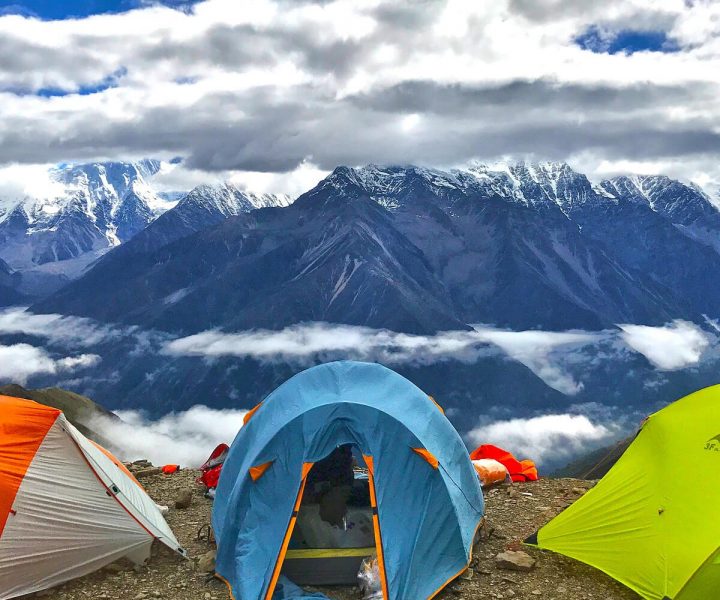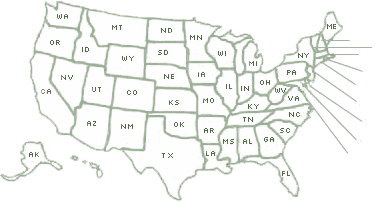
Tent condensation. It’s something that’s happened to us, and we’re pretty sure it’s happened to you too. While it’s generally just seen as somewhat of a nuisance and not exactly something that’s going to ruin your camping trip, it’s still an annoyance.
The important thing to note is that no matter what tent you buy, there’s no such thing as a 100% condensation-free tent; condensation is a natural process and will occur in all tents, whether they’re double-wall or single and no matter what material they’re made out of.
The good thing is that we’re here to share some tips and tricks you can use to reduce tent condensation as much as possible, so that you can enjoy a comfortable night’s sleep on your next camping adventure.
Tent condensation 101
Condensation is formed when humid air encounters a cold surface, such as the roof or interior walls of your tent. This is the same process that happens when you have a hot shower, and your mirror gets wet from the steam. The steam gets colder when it hits the mirror, and converts to water.
Reducing tent condensation
The condensation you will encounter on your tent is due to the moist air expelled from your lungs and the humidity in the air. If you want to reduce the condensation amount, then you need to make sure you:
- Air out your tent by leaving open the vestibule door or rolling back the rain fly. That way, moist exhalations and humid air have a way of escaping.
- Don’t take wet clothes inside your tent. Leave them outside to dry, and if it’s not possible, store them inside a plastic bag.
- Boil water and cook outside your tent, therefore reducing the humidity level.
- Don’t camp near wet or marshy areas, ponds, lakes, or streams, as there is a higher humidity level.
- Try not to set your tent at a low point in the landscape, as you will be in the middle of the cold air. There will be less condensation when the walls of your tent are warmer.
Best tents to avoid condensation
The best tent for all locations, seasons, and climates is, unfortunately, a pipe dream. The most critical factor to prevent tent condensation is adequate campsite selection. However, different tent styles have their pros and cons, which you can take into consideration.
Single-wall tents: Tarps, tarp tents, and ultralight tents are normally simple to ventilate, though they have the disadvantage of being more drafty in cold or windy weather. Therefore, you may have to pack extra insulation to stay warm during the night. They can be an excellent choice if you usually only camp during warm weather.
Double-wall tents: The advantage of double-wall tents is you can use them across a broader temperature range, as they tend to retain more body heat throughout the night. The downside is that they commonly have less air flow, but they do keep condensation away from you. All water vapor will be collected on the inside of the rain fly instead of the interior tent walls.
So while there may not be a surefire way to prevent tent condensation, its all about location, location, location. And if there is a small amount of condensation, so be it. After all, you’re still enjoying the outdoors!
 Your Privacy Choices
Your Privacy Choices


 The
The